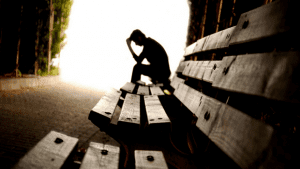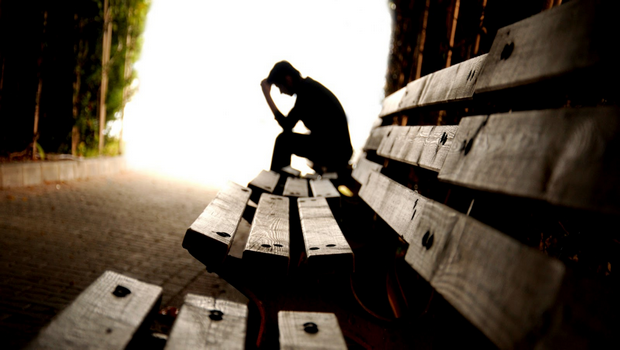 We all know that addicts engage in self-destructive behavior—their addiction is the most obvious way they attempt to harm themselves. But less obvious behaviors are also self-destructive, and when addicts—especially those in recovery—begin to engage frequently in these behaviors, you can be sure they are headed toward relapse.
We all know that addicts engage in self-destructive behavior—their addiction is the most obvious way they attempt to harm themselves. But less obvious behaviors are also self-destructive, and when addicts—especially those in recovery—begin to engage frequently in these behaviors, you can be sure they are headed toward relapse.
Self-destructive behavior is caused by guilt and shame. An addict feels guilt for hurting loved ones and shame because he believes that he is fundamentally wrong or bad. In an attempt to suppress or ignore this painful belief, the addict rejects part of the self as “unacceptable.” The behaviors he must then adopt to manage the split self are often self-destructive.
Residents at St. Joseph Institute are taught to identify and counter their own self-destructive behavior patterns. As family members and friends of addicts, you will be better able to support your loved one’s recovery if you can learn to identify self-destructive behavior and lovingly confront it.
The most common types of self-destructive behavior include:
- Rejecting others to protect from being rejected
- Becoming emotionally dependent on others, looking to them for a sense of worth or security
- Sabotaging possibilities for success
- Expressing self-hatred
- Attempting to be invisible
- Hiding addiction
- Acting carelessly or recklessly, putting oneself in harm’s way
Unfortunately, it is very easy to mask some types of self-destructive behavior with seemingly valid excuses. For example, an addict might habitually break off relationships with friends or lovers. Are the breakups legitimate? Is the addict simply searching for stronger and better relationships? Or is she engaging in self-destructive behavior based on a fear of rejection? In cases such as these, we have to rely on our observation, discernment, and communication to detect the truth.
If you witness what you think might be self-destructive behavior in your loved one, what should you do? Every situation and person is different, but here are a few guidelines to follow:
- Lovingly point out what you observe. Do not nag or criticize.
- Observe your loved one’s reaction to your words. Do not judge the reaction—just witness it. If the reaction is defensive, you have probably hit a tender spot.
- Do not get into an argument about who is right or wrong. Trust that your loved one has heard your input and will process it on his or her own time.
- If the self-destructive behavior you have observed is violating your boundaries, express your concern, set a ground rule, and stick to it. See our posts on enabling and boundaries for further guidance.
Remember that, ultimately, your addicted loved one’s self-destructive behavior is his or her own responsibility. You can observe, love, and offer input—but when a person chooses to continue on the self-destructive path, the best you can do is to practice healthy detachment, protect yourself, and allow the person to learn from his or her mistakes.


